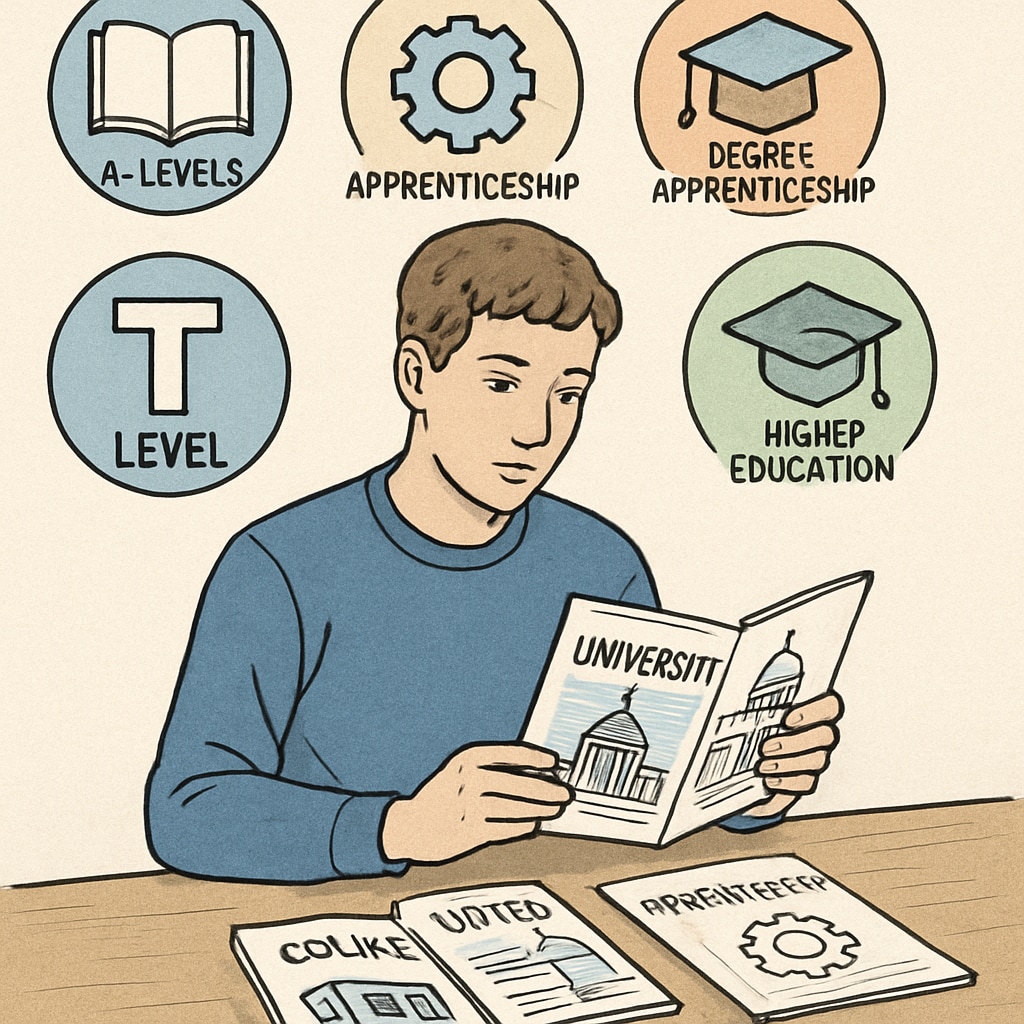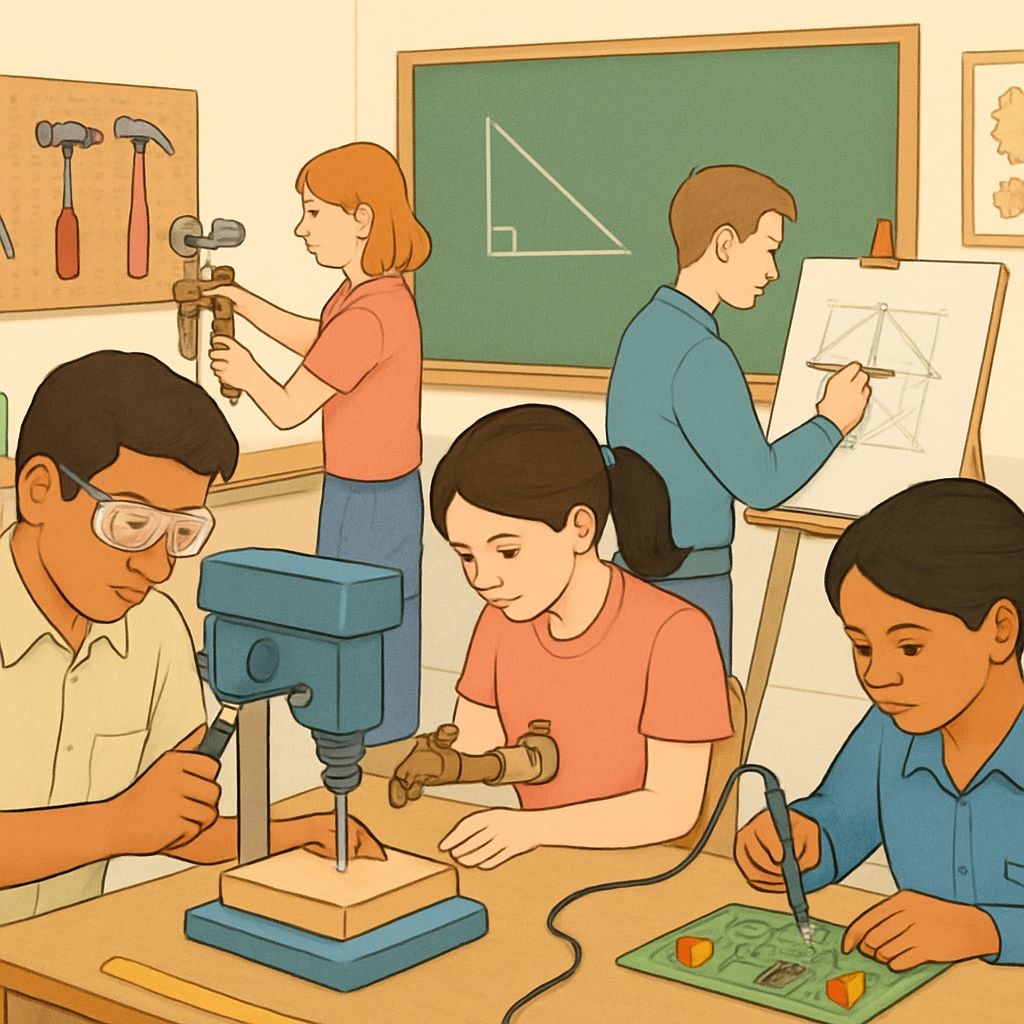The journey back into the UK education system after an interruption can be daunting for young learners. However, the system offers a range of pathways tailored to varied needs and aspirations. Whether one seeks practical skills through vocational education or academic advancement through higher education, options abound to assist in rebuilding confidence and planning a prosperous future. In this article, we explore these routes in detail and provide actionable advice to support young people in reclaiming their educational paths.

Exploring Vocational Education: A Practical Pathway
For learners who prioritize hands-on skills and direct career preparation, vocational education offers an excellent starting point. The UK’s Further Education (FE) colleges provide a variety of courses such as apprenticeships, BTECs (Business and Technology Education Council qualifications), and NVQs (National Vocational Qualifications). These programs focus on practical training, allowing students to gain industry-specific knowledge and experience. For example, an apprenticeship enables learners to earn while they learn, combining workplace training with classroom instruction.
Moreover, vocational education is not limited by age, making it accessible for individuals who may have been out of school for several years. It is a viable option for those seeking to enter sectors such as healthcare, construction, or digital technologies. For more details, visit UK government resources on Further Education.

Returning to Higher Education: Academic Opportunities
Higher education in the UK remains accessible to individuals who have experienced interruptions in their studies. Universities and colleges often offer foundation courses and access programs designed to bridge gaps in knowledge and qualifications. These pathways are ideal for students aiming to pursue undergraduate or postgraduate studies.
For students concerned about funding, the UK government and universities provide various financial aid options, including loans and grants. In addition, flexible learning opportunities such as part-time or online courses enable individuals to balance education with other responsibilities. Programs like the Open University cater specifically to adult learners, offering a wide range of degree and certificate courses. Explore more about higher education options on the Britannica page on higher education.
Building Confidence and Planning for the Future
Rebuilding confidence is a vital step for young learners re-entering education. Practical strategies include setting achievable goals, seeking mentorship, and actively engaging with support networks. Many educational institutions in the UK provide career counseling services to assist students in identifying strengths and mapping out future aspirations.
Furthermore, learners can benefit from extracurricular activities, internships, and volunteer work, which enhance both skills and self-esteem. By pursuing these opportunities, individuals can develop a sense of purpose and direction, ensuring a smoother transition back into formal education.
To summarize, the UK education system offers inclusive pathways for young learners to resume their studies after an interruption. Whether through vocational education or higher education, the resources available are designed to empower and guide individuals toward success. By leveraging these opportunities, students can rebuild their confidence and secure a brighter future.
Readability guidance: Short paragraphs and lists ensure clarity; overuse of passive voice is avoided for a more engaging narrative. Transition words such as “however,” “therefore,” and “for example” are used to enhance flow.


